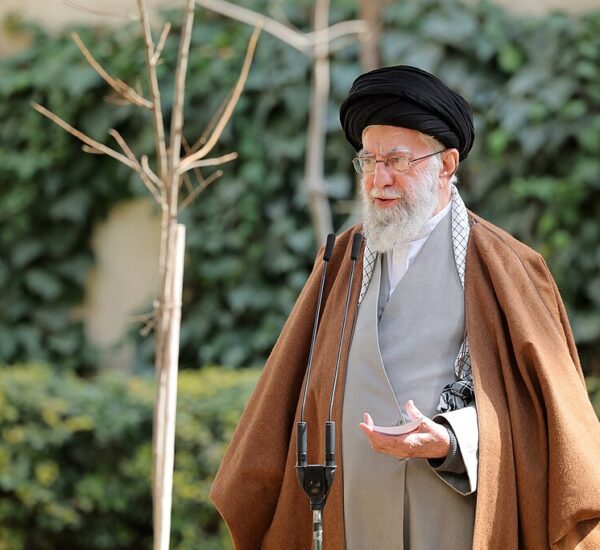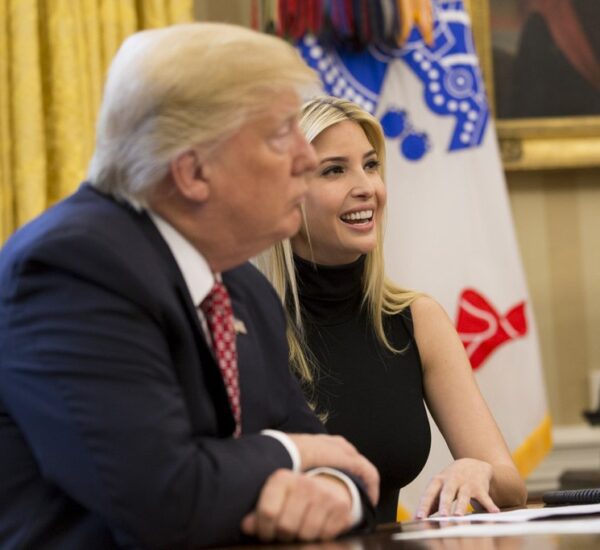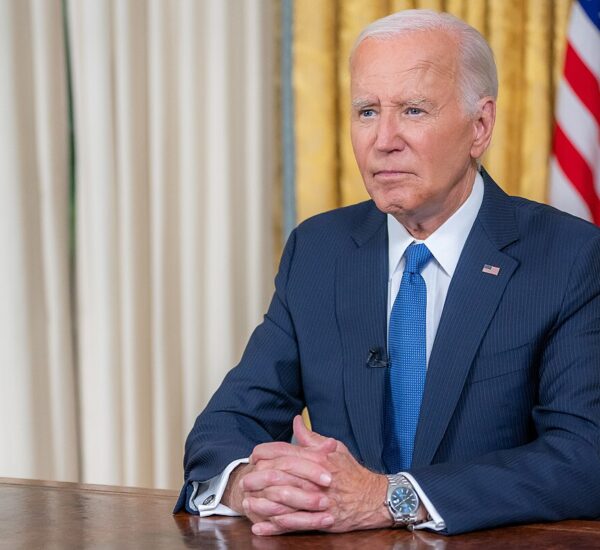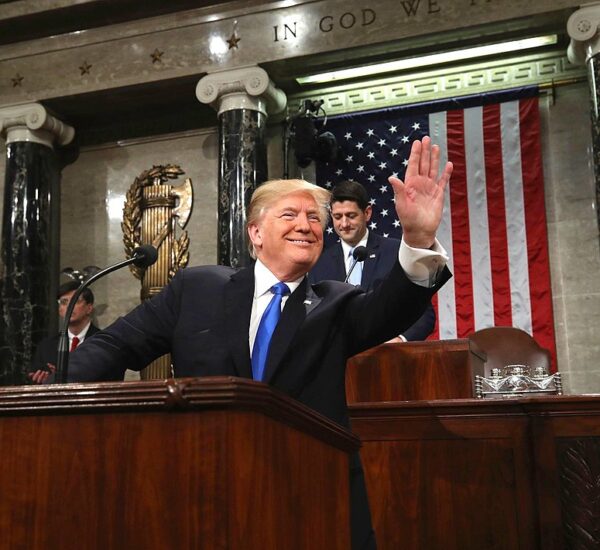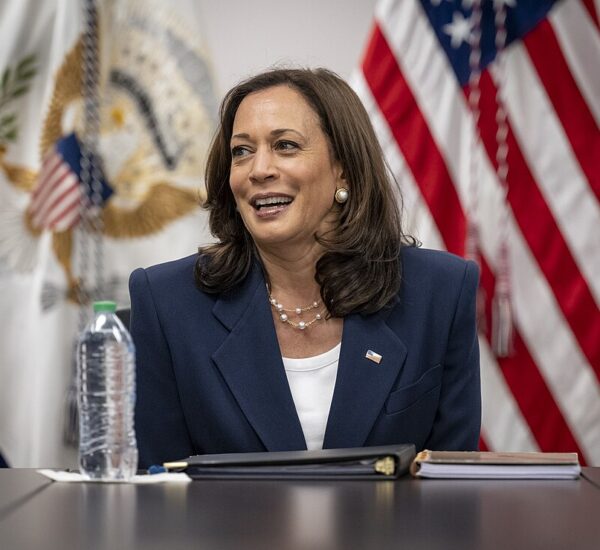China Condemns Trump
China is furious after President Donald Trump unveiled a powerful new trade agreement with Vietnam—designed to boost American manufacturing, protect U.S. jobs, and stop Beijing from gaming the global system.
Announced on Truth Social, Trump’s Vietnam deal places a 20% tariff on Vietnamese imports, while giving American businesses duty-free access to Vietnam’s fast-growing markets. But what really sent shockwaves through Beijing is a key enforcement measure: any goods routed through Vietnam but originating from high-tariff nations like China will now face a massive 40% tariff.
This bold move directly targets a longtime trick used by the Chinese Communist Party—laundering exports through third countries to dodge U.S. tariffs.
China Threatens Retaliation as Trump Reasserts U.S. Trade Power
In response, the Chinese Ministry of Commerce issued a sharp warning. A spokesperson declared that Beijing “firmly opposes” any deal that weakens China’s economy, and vowed to take “countermeasures” if their trade interests are harmed.
“China will not accept arrangements that damage our rightful trade interests under the excuse of tariff exemptions,” the spokesperson said. “We will act to protect our sovereignty and our economy.”
Yet despite their anger, Chinese officials also tried to strike a diplomatic tone—saying they “welcome consultations based on equality,” while urging the U.S. and its partners to stand on the “right side of history” and respect “international trade norms.”
Trump’s ‘Liberation Day’ Tariffs Are Reshaping Global Trade
President Trump’s America First trade agenda continues to produce real results. The Vietnam agreement marks the second major trade deal—after the United Kingdom—to be finalized since Trump’s “Liberation Day” tariffs were launched in April.
The goal: level the playing field, bring back American jobs, and hold foreign governments accountable for years of one-sided trade policies that hurt U.S. workers.
And it’s working.
China is clearly rattled. Beijing officials denounced Trump’s reciprocal tariffs as “unilateral bullying” and claimed they are undermining the “global trading system”—a system that has overwhelmingly benefited China at America’s expense for decades.
But as President Trump has said repeatedly: “We’re not going to be the world’s piggy bank anymore.”
Progress With China – But On America’s Terms
While holding firm on tariffs, the Trump administration has also managed to keep China engaged. Just last week, a deal was reached over rare earth mineral exports—critical for U.S. defense and tech industries. And this week, some restrictions were rolled back on chip-design software exports to China, signaling strategic flexibility.
This isn’t weakness—it’s smart leadership. The Trump White House is walking a fine line: applying economic pressure while creating room for negotiation, all with the goal of restoring American dominance in global trade.

